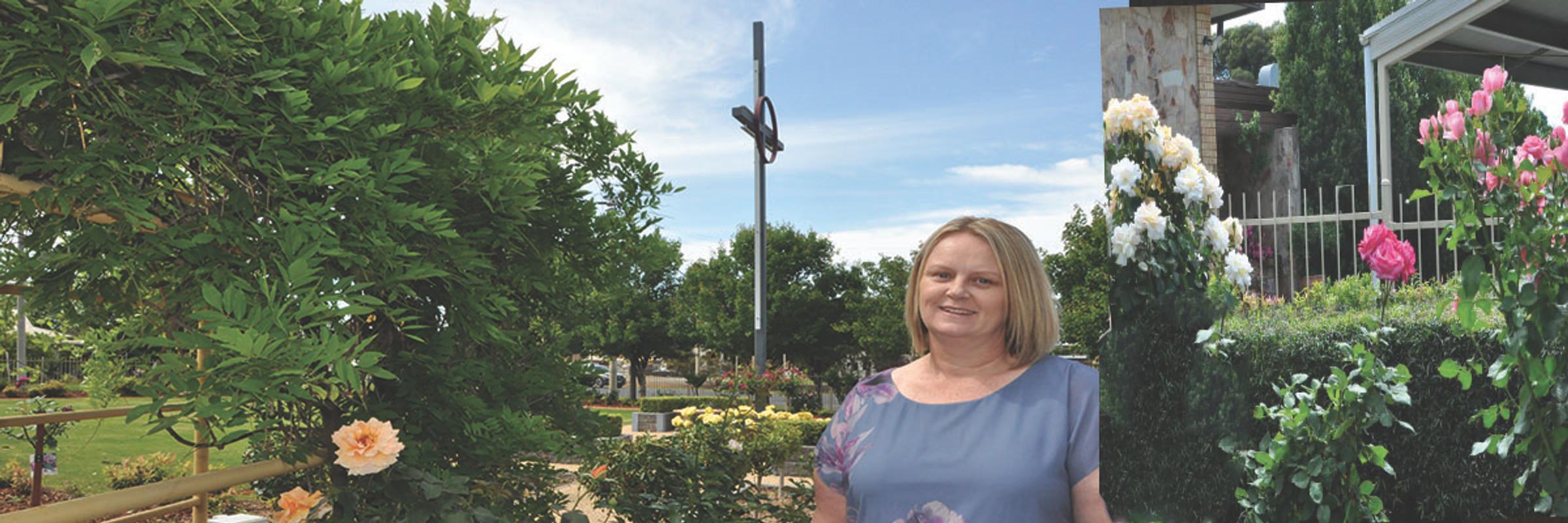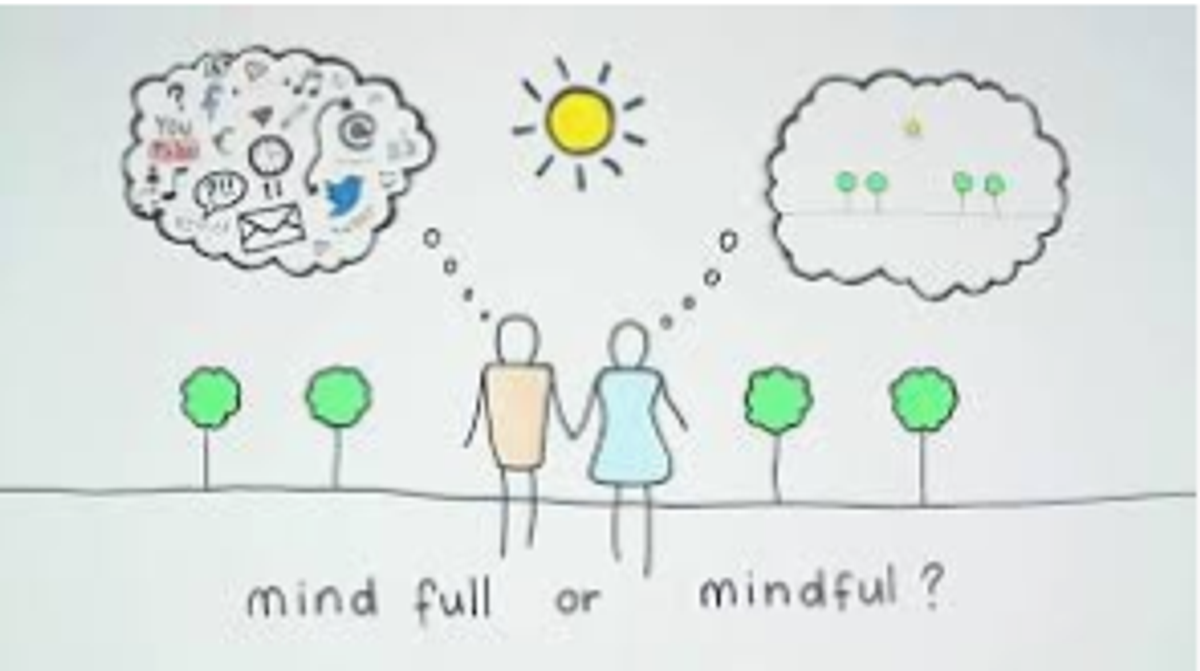Social Work/Well being News

Author William Arthur Ward once wrote that “feeling gratitude and not expressing it is like wrapping a present and not giving it”. This sentiment is supported by a wealth of research which demonstrates that displaying gratitude has many positive effects including improvements in mood, improvements in wellbeing, develops relationships with others, reduces impatience and increased satisfaction
So what are some simple ways to show gratitude?
- Try showing gratitude by verbally acknowledging someone. This can really make their day (and boost your own mood, too!).
- Write a thank you card (yes, write by hand). This can be a special memento for someone.
- Don’t complain for 24 hours. This might seem strange and may actually be hard but you may come to realise how quickly you jump to complaints rather than solutions.
- Compliment them on a talent, skill, or strength that you admire.
- If you prefer to experience gratitude without having to express it to others, you can keep a gratitude journal. Every day write down three things that you are grateful for.
A 2005 study found that research participants who wrote about three good things in their lives every night for one week reported an increase in happiness that lasted for six months. Another study showed that students who make gratitude lists had more positive school experiences. This is a promising finding, as children who are satisfied with their school experience will enjoy school more, find it interesting and believe they are learning a lot. This in turn leads to greater success both academically and socially.
The practice of gratitude sharpens our attention for the good and the positive in our lives, which helps us appreciate things that we tend to take for granted. Yet, gratitude has its limitations. While it can help us notice the positive, it cannot eliminate negative events from our lives. No matter how much we practice gratitude we are still bound to experience negative emotions like disappointment, guilt, vulnerability, and grief.
When someone suddenly loses a loved one, they cannot be grateful for their loss. Gratitude can help them focus on the beautiful memories they shared with their loved one and appreciate the past. But gratitude cannot eliminate the grief that they feel every day as they are having to live in a world where their loved one is not present.
This is where mindfulness is promising.
Over the last decade, mindfulness has been slowly rising in popularity with many individuals practising it on a regular basis. Evidence based research has found that there are many benefits to mindfulness which has prompted schools across the nation to implement this practice into their daily routines.
Mindfulness can be described as attention training for your brain, enabling you to focus on something without judgement and to stimulate curiosity. Mindfulness can be practised in a number of ways and is something that can be done by everyone - no matter what your age! It has been practised by many cultures around the world, but it is not exclusively affiliated to any particular philosophy or religion.
Mindfulness helps improve memory, engagement and performance. Its positive effect on the brain can improve immunity, mental wellbeing, learning ability, emotional health and even, time management. It is especially important in this era of information overload as our attention is constantly being pulled in many directions making us more distracted.
Learn the best way to introduce mindfulness and implement it into your daily lives in this month’s edition of SchoolTV.
Check it out here (https://mccww.catholic.schooltv.me/newsletter/mindfulness)
So while gratitude allows us to notice the many blessings we have and distracts us from the many misfortunes that we face. Mindfulness helps us react to our misfortunes with grace, acceptance, and meditation. Together these two practices nurture the happier self within us.
As the end of the school year draws near and we head into the festive season we want you and your kids to be safe and healthy and getting the balance right can be difficult.
Take a look at this tip sheet about supporting your young person during the holidays.
file:///C:/Users/Suriank/Desktop/Supporting%20your%20young%20person%20during%20the%20holidays.pdf




